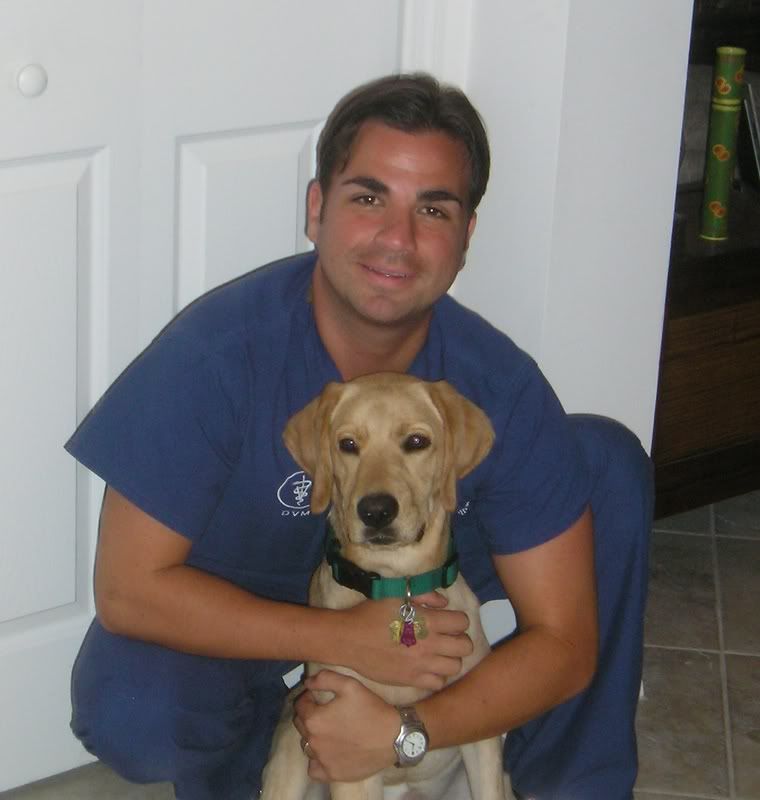Listen to internet radio with Roger Welton DVM on Blog Talk Radio
Dear Listeners, Readers, and Viewers:
The topic for this evening's podcast was conceived in response to the common sentiment among pet owners that sterilization procedures (ovarohysterectomy or spay in females dogs and cats; orhiectomy or neuter in male dogs and cats) predispose pets to obesity. The notion that sterilized dogs and cats tend to have a higher tendency to become obese is not one that pet owners pulled out of thin air, but comes from their own general observations...and their observations are correct. Statistically, sterilized pets clearly have a tendency to become obese than their unsterilized counterparts.
The question is, is there a direct physiological connection of sterilizing pets to their tendency to become obese, or are there other factors that contribute to this? For example, for a pet owner to have a pet spayed or neutered pet indicates a certain commitment to pet care, which in turn increases the likelihood of that pet being living a pampered, perhaps overindulgent lifestyle. How much of a factor may this play if at all?
Like most topics I discuss on the air, the answer is not that simple, however, this topic has actually been heavily studied at the veterinary university level, helping us to gain clear insights into this phenomenon. Tune in to learn more. :)
We also have 2 listener e-mail questions to address this evening. I remind you that all are welcome to submit you own questions or comments by e-mailing them to comments@web-dvm.net. As always, I thank you all for caring about what I have to say.
Sincerely,
Roger Welton, DVM
Dr. Roger Welton is the President and chief veterinarian at Maybeck Animal Hospital in West Melbourne Florida, as well as CEO of the veterinary advice and health management website Web-DVM.net.
Dr. Roger Welton is the President and chief veterinarian at Maybeck Animal Hospital in West Melbourne Florida, as well as CEO of the veterinary advice and health management website Web-DVM.net.




1 comment:
goyard handbags
supreme clothing
ralph lauren uk
nike vapormax
golden goose sneakers
kd shoes
balenciaga shoes
balenciaga
goyard handbags
nike air max
Post a Comment